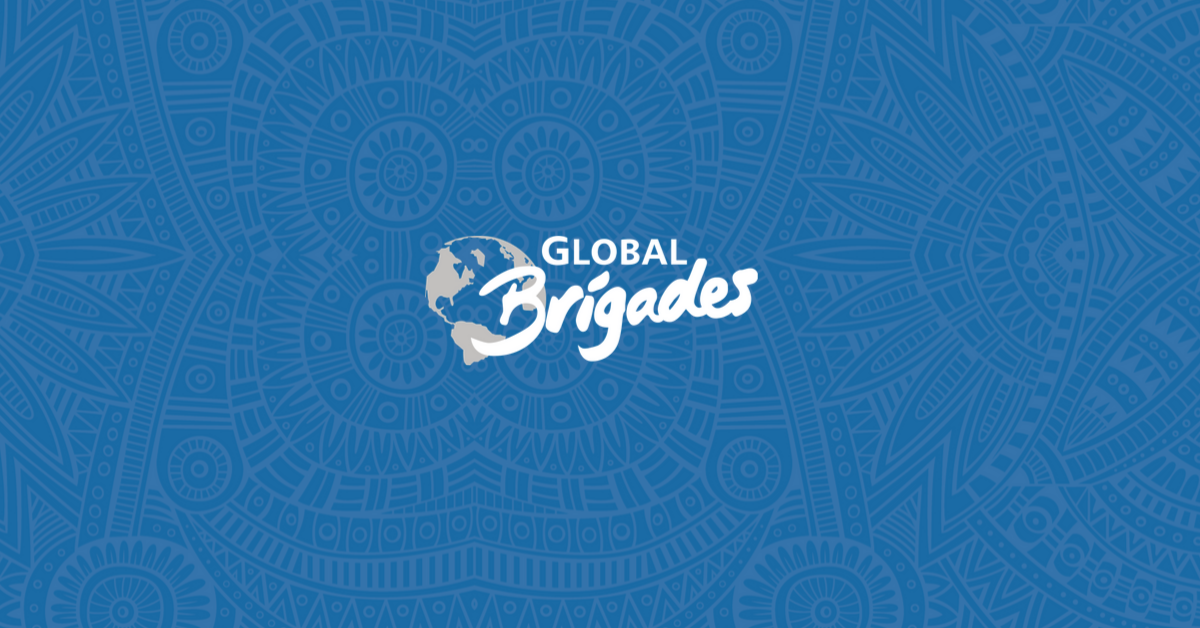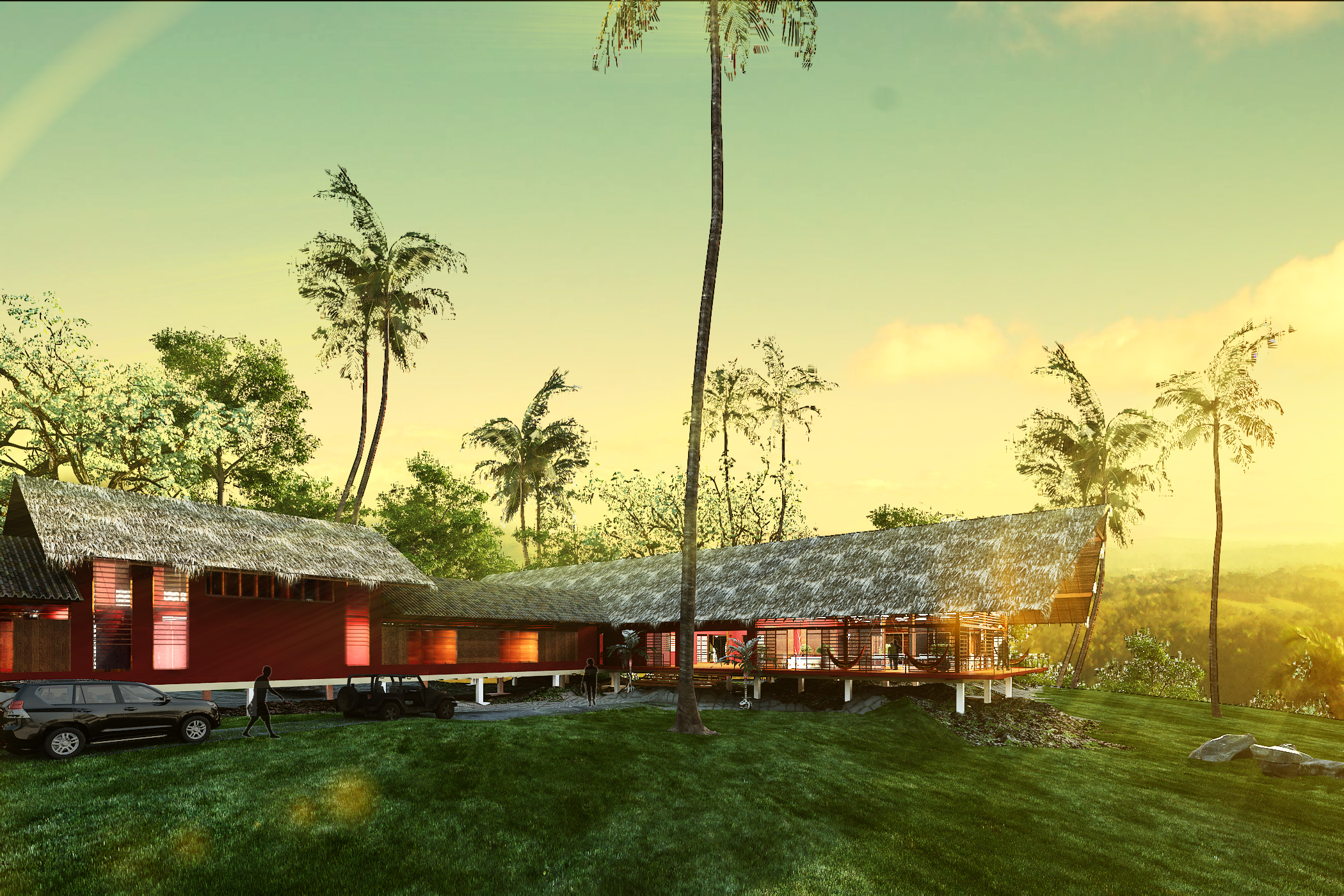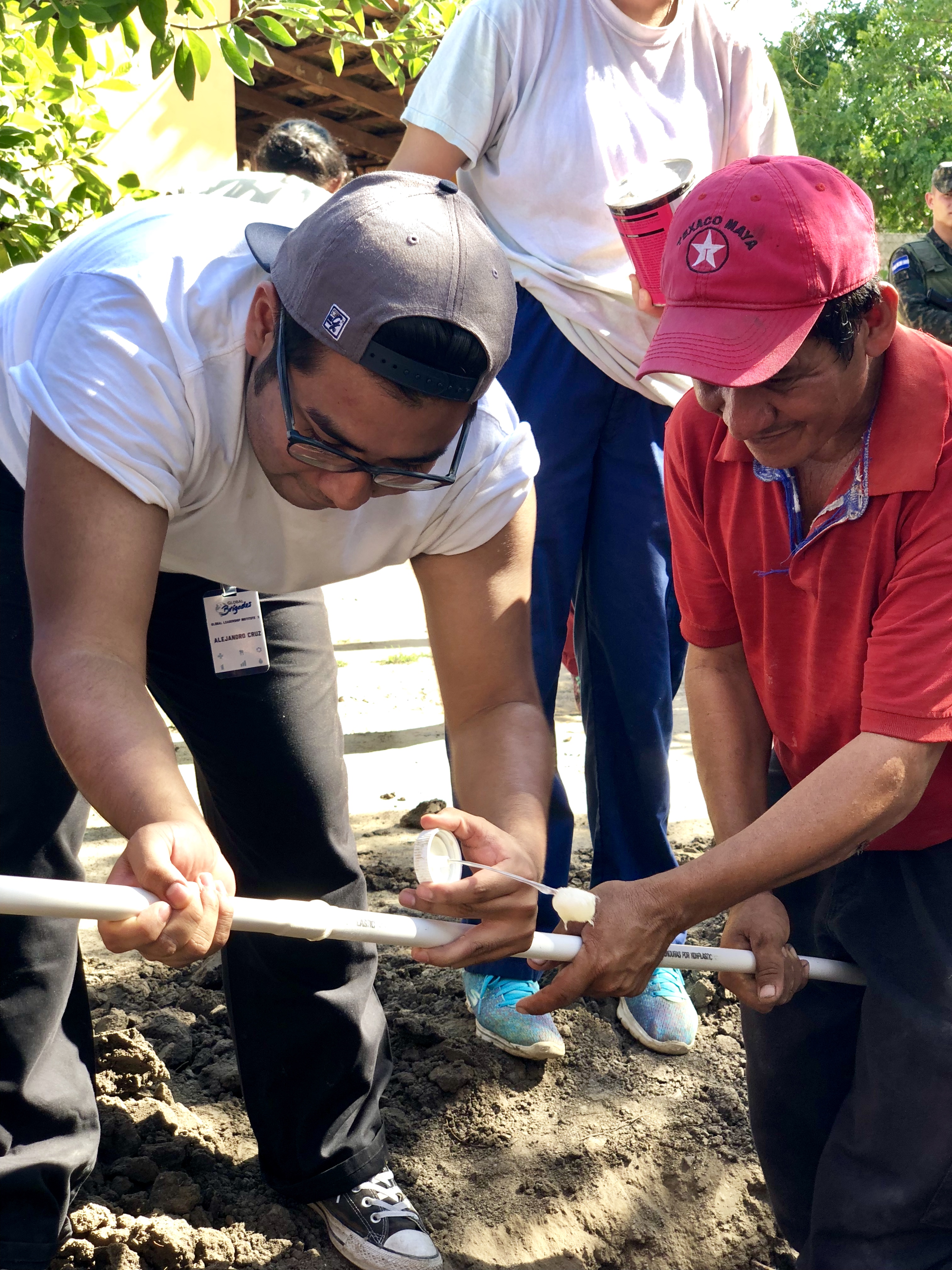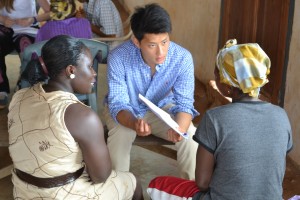Honduras literally translates in Spanish to “depths,” and I felt like I truly experienced these depths today as we drove into some of the poorest rural communities in the central region of the country. I couldn’t help but be mesmerized by the lush, green hillsides overlooking the rocky roads, which seemed to be carved deep into the mountainside. The beauty of peaceful butterflies and natural botanical gardens that decorated our path, however, seemed to clash with the tattered clothes left out to dry on barbed wire fencing near the piles of burning garbage and plastic bottles.
Many of the families in this region of Honduras work in agriculture, particularly on banana plantations, which has given Honduras the appropriate nickname of the “Banana Republic.” But lack of landownership, seasonal employment, low wages, and mainly subsistence living make poverty a reality for many of those living here in the countryside. Further tainting the glorious nickname is the high prevalence of largely preventable health conditions, such as the common cold, cough, fever, and diarrhea. In the US, or even in cities such as Tegucigalpa, basic medications to treat these symptoms are more or less easy to come by. A quick trip to CVS Pharmacy or to La Farmacia en La Colonia Miraflores here in Tegucigalpa and we have in our hands Nyquil, Mucinex, and/or Gatorade, significantly cutting the duration and severity of the symptoms and improve our quality of life. But for the poor in communities like Yamaguare, access to these essential items is extremely limited.
For people in Yamaguare, geographic, economic, and even political distance from basic healthcare and poverty itself make everyday life a challenge. The nearest health center to Yamaguare is called the Centro de Salud de Zarzal, or Zarzal Health Center (ZHC). ZHC is the only health center for six different communities in the region and is staffed by only a single nurse. For Yamaguare, ZHC is within a reasonable 30 minutes by foot, but for communities a bit further like Miravalle, ZHC is four hours round-trip walking distance away. Regardless of the distance, ZHC has very limited resources and medications to provide to its clientele of over 2,000, and individuals in need of medications often find themselves having to taken an expensive trip by bus into the city of Cantarranas. For somebody like Oralita, the only nurse providing services at ZHC to an overwhelming body of clientele, any type of community-based support to extend access to basic healthcare would not only be incredible for her but also for the patients in the communities.
In the next few weeks, we plan to train a number of community health workers (CHWs) in Yamaguare to provide basic home-based healthcare. The overwhelming community support we have received has been incredibly inspiring, and I can only hope that our initiative can truly extend access to healthcare for the poor here. With the proper training, however, I am certain that our CHWs can help the people of Yamaguare overcome the barriers to basic health services that leave men, women, and children sick and without medicine. In the next few days, we will begin to transform a select few community members into health guardians, or Guradianes de Salud, for Yamaguare, and we’ll be looking forward to sharing the stories with you all.




